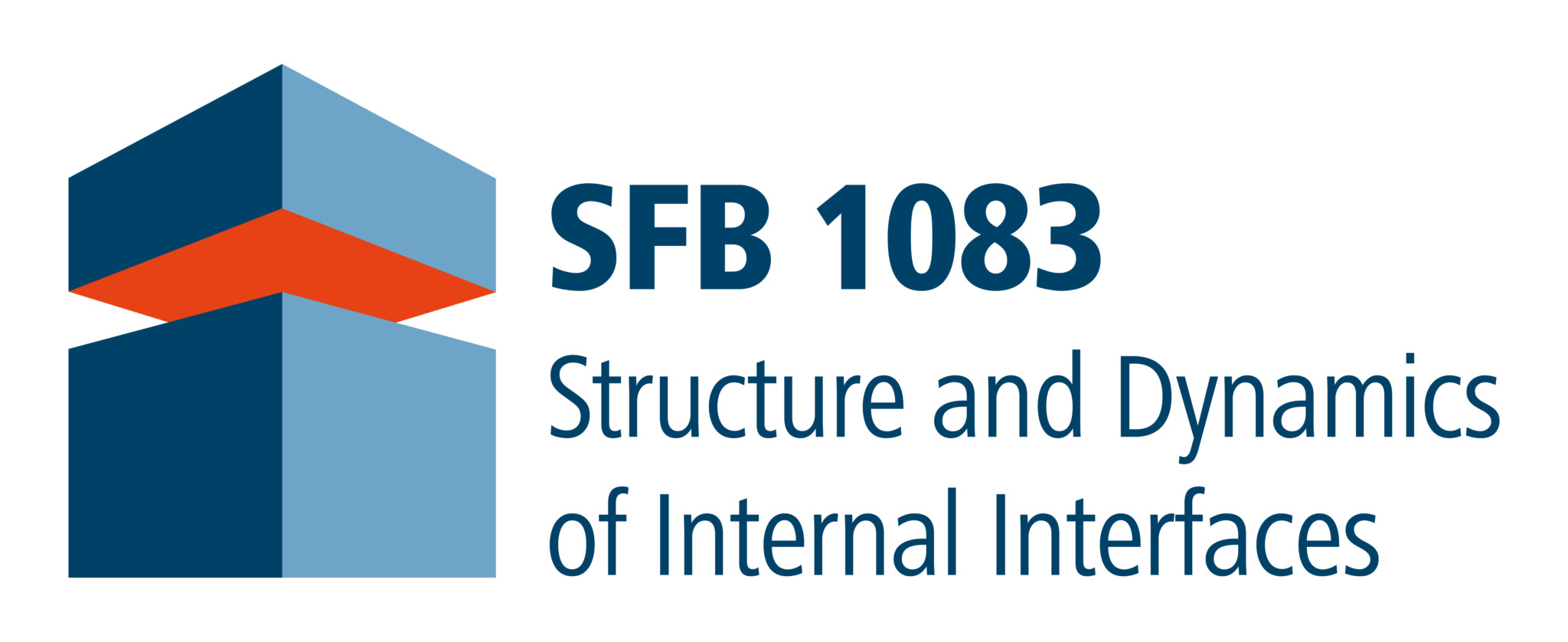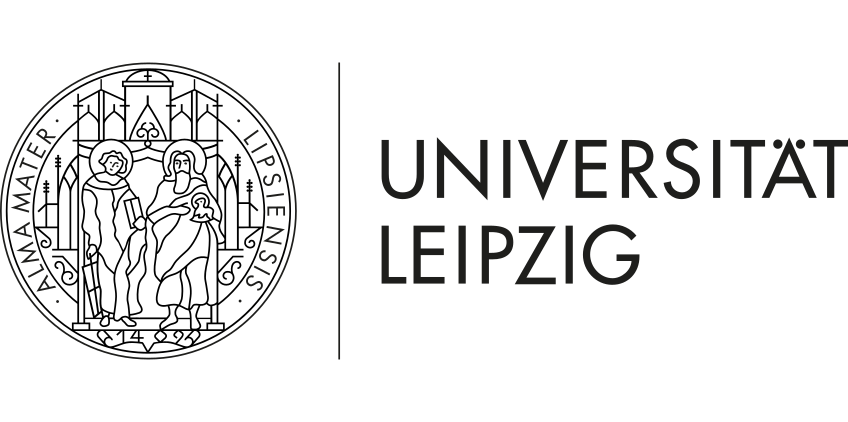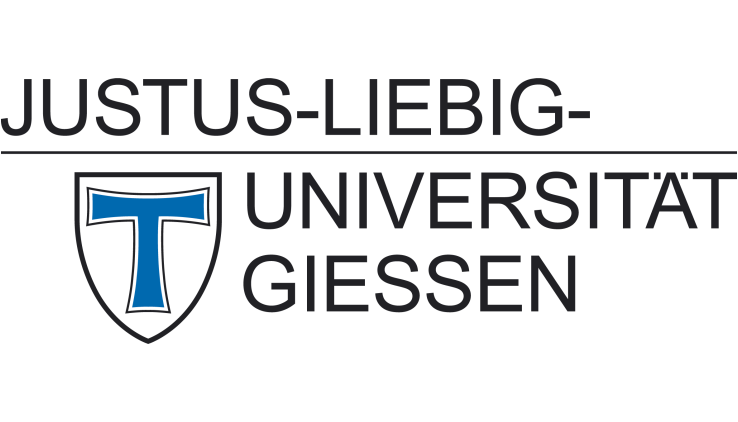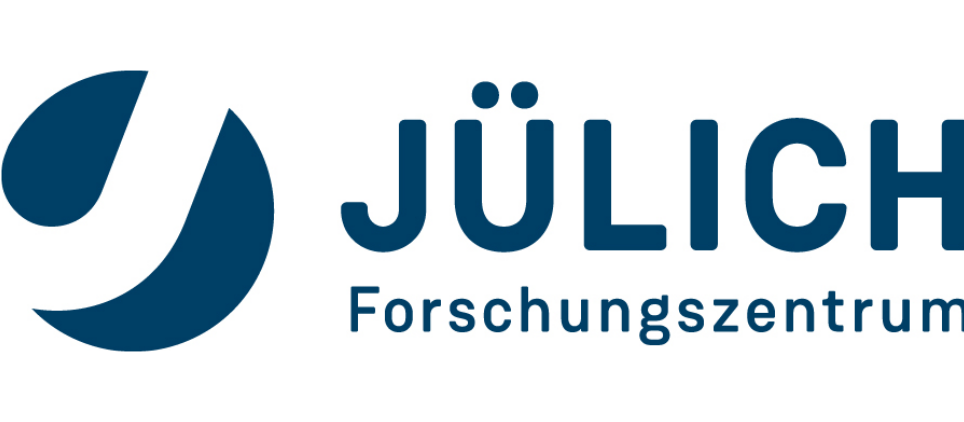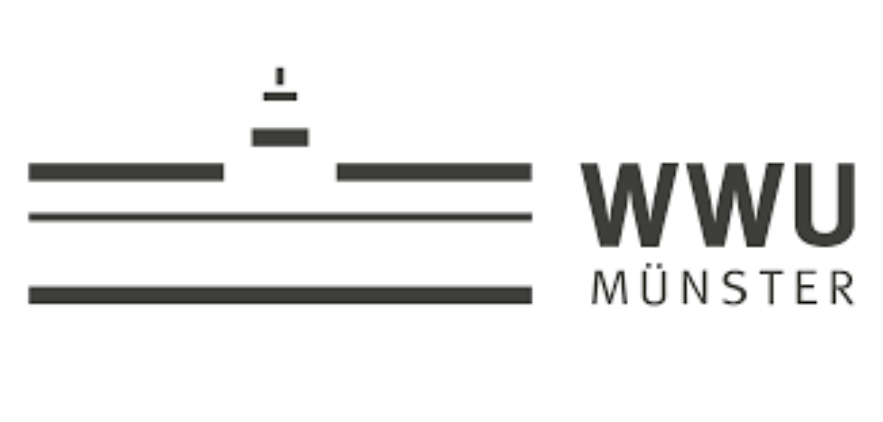Synthesis and Properties of Molecular Inorganic/Inorganic/Organic Multilayer Clusters
Summary
This project focuses on the understanding of geometric and electronic structures of interfaces at the molecular scale. Our target compounds, which are structurally analyzed with atomic resolution (±1·1012 m) by means of X-ray diffraction, are multilayer clusters comprising an inorganic core-shell cluster with an inner tetrel dichalcogenide TE2 core (T = Sn, Ge, E = S, Se, Te) and a first shell of a transition metal chalcogenide MxEy (M’ = transition metal), which is finally surrounded by a second shell of covalently bound organic ligands RF with reactive groups. The core and the first shell represent molecular models for layered (di-)chalcogenides. By varying M, T and E, we explore the components’ effect on electronic properties in comparison with the respective, stacked 2D systems. The latter will be produced and investigated in collaboration with the group of David C. Johnson (Eugene, OR/USA). The organic ligand that will be developed in collaboration with project A8 (Koert) allows for interaction with (semi-)metal atoms or surfaces. This parallels project A4 (Gottfried) on the molecular level. Electronic excitations will be studied in collaboration with projects B2 and B3 (Chatterjee, M Koch/Heimbrodt). Collaboration with project A3 (Jakob) will serve to investigate vibrational modes of the inorganic layers within both the cluster and in the 2D materials. The project will at the same time provide benchmark systems for the development of electron microscopy techniques in project A5 (Volz). All project steps will be subject to ongoing optimization based on the observations.
Project-related publications
- N. Rinn, L. Guggolz, K. Gries, K. Volz, J. Senker, S. Dehnen
Formation and Structural Diversity of Organo-Functionalized Tin-Silver Selenide Clusters
Chem. Eur. J. 23, 15607 (2017). - N. Rinn, L. Guggolz, J. Lange, S. Chatterjee, T. Block, R. Pöttgen, S. Dehnen
Ternary Mixed-Valence Organotin Copper Selenide Clusters
Chem. Eur. J. 24, 5840 (2018). - E. Dornsiepen, F. Pieck, R. Tonner, S. Dehnen
[{(PhSn)3SnS6}{(MCp)3S4}] (M = W, Mo): Minimal Molecular Models of the Covalent Attachment of Metal Chalcogenide Clusters on Doped Transition Metal Dichalcogenide Layers
J. Am. Chem. Soc. 141, 16494 (2019). - E. Geringer, E. Leusmann, F. Tambornino, M. Gerhard, M. Koch, S. Dehnen
Trapping of ZnCl2 by bipyridyl-functionalized organotin sulfide clusters, and its effect on optical properties
Chem. Commun. 56, 4769 (2020). - E. Geringer, M. Gerhard, C.K. Krug, J.M. Gottfried, S. Dehnen
Pyrene-Terminated Tin Sulfide Clusters: Optical Properties and Deposition on a Metal Surface
Chem. Eur. J., accepted article (2020), DOI: https://doi.org/10.1002/chem.202003889.


Prof. Dr. Stefanie DEHNEN
Shangxin Wei, PhD-student
Former Contributors
Dr. Eike Dornsiepen
Dr. Armin Eulenstein
Dr. Eugenie Geringer
Dr. Chris A. Hosier, Postdoc
Dr. Eliza Leusmann
Dr. Matthias Reinmuth
Dr. Niklas Rinn
Dr. Zhiliang You
